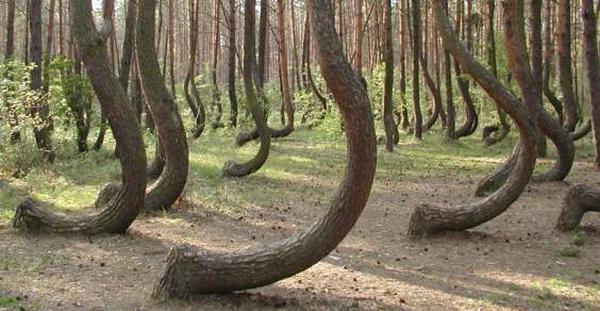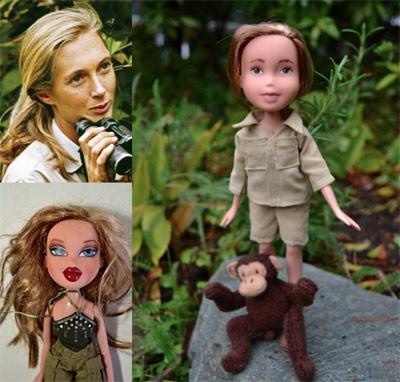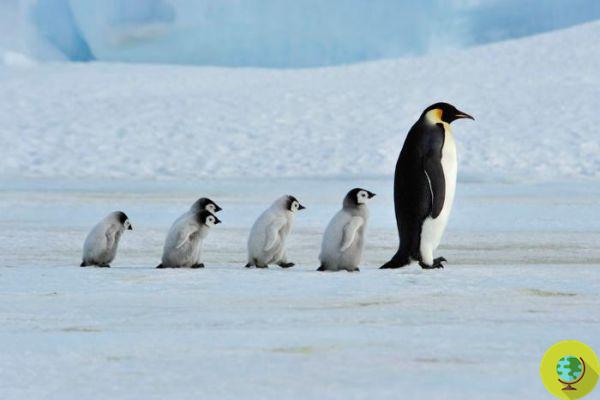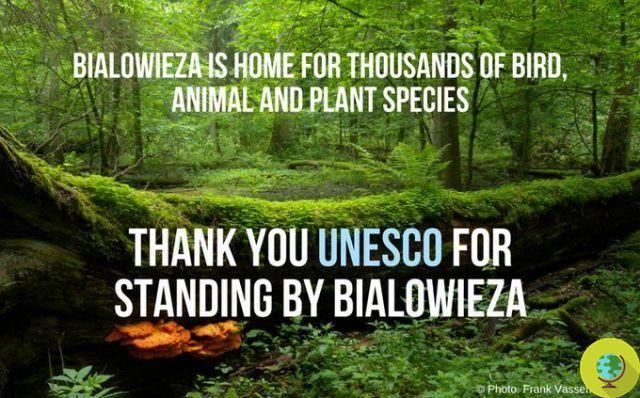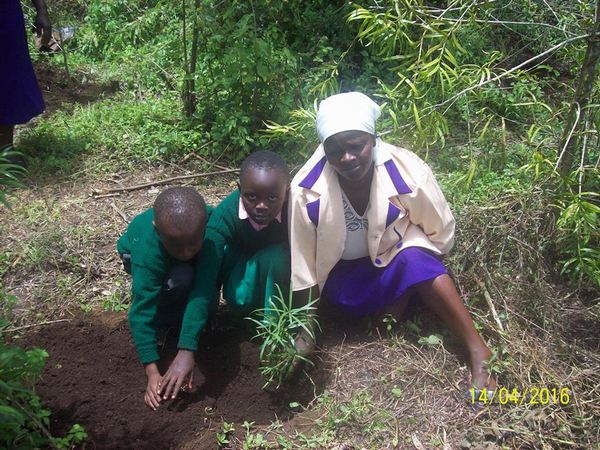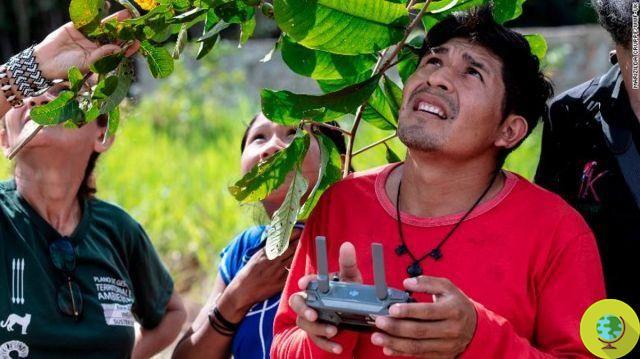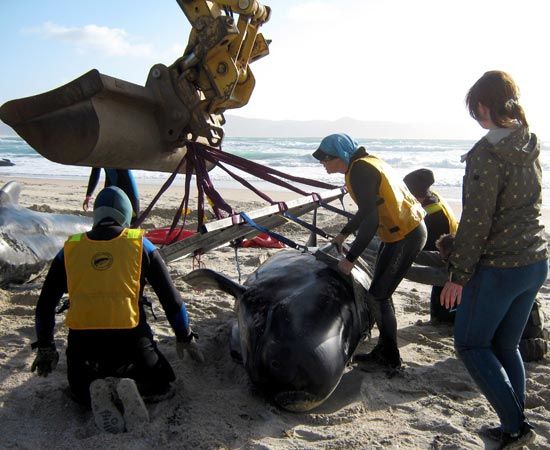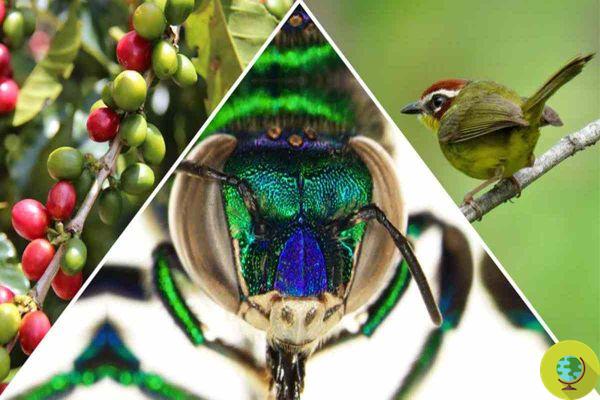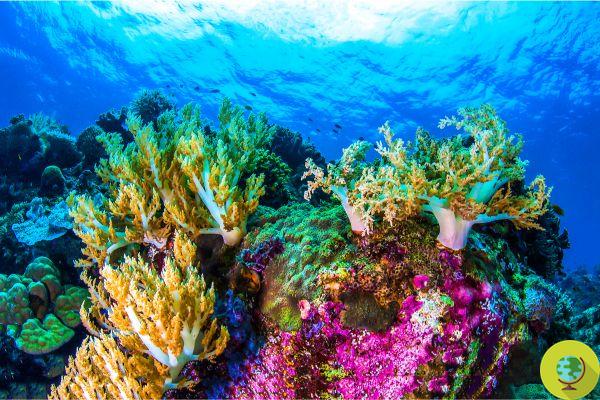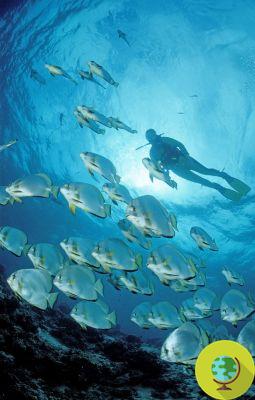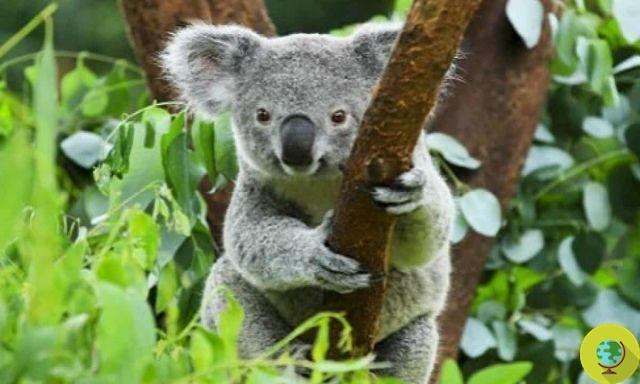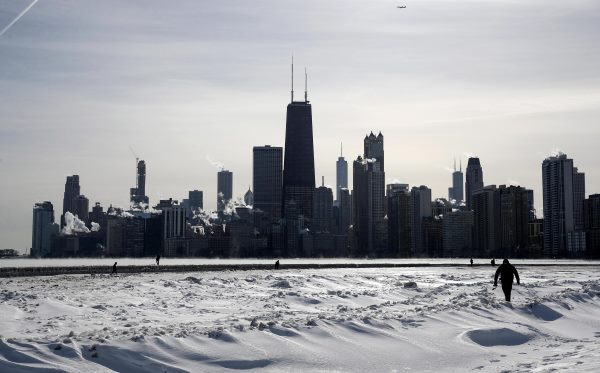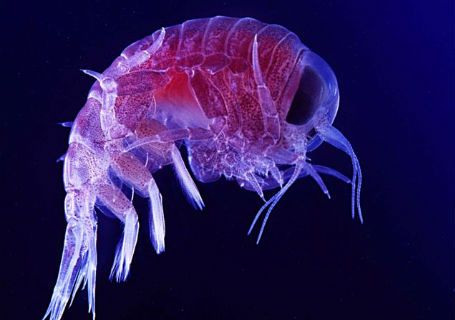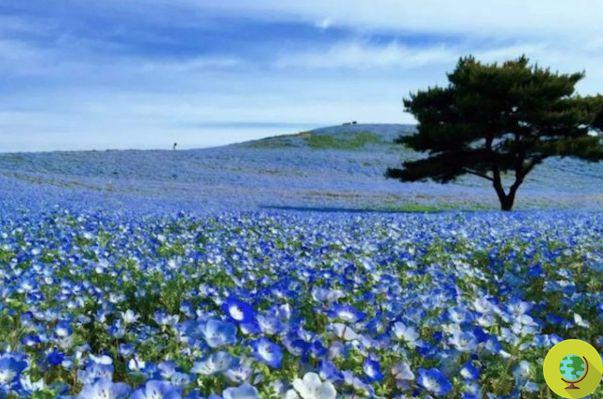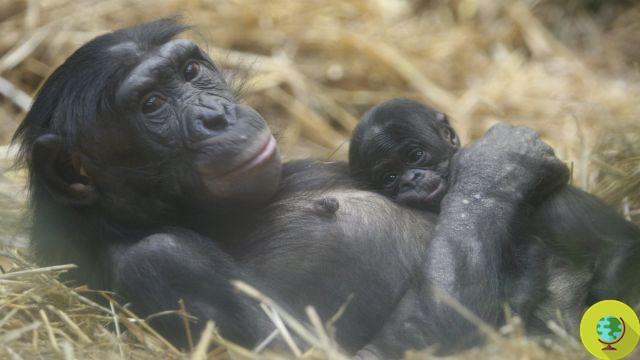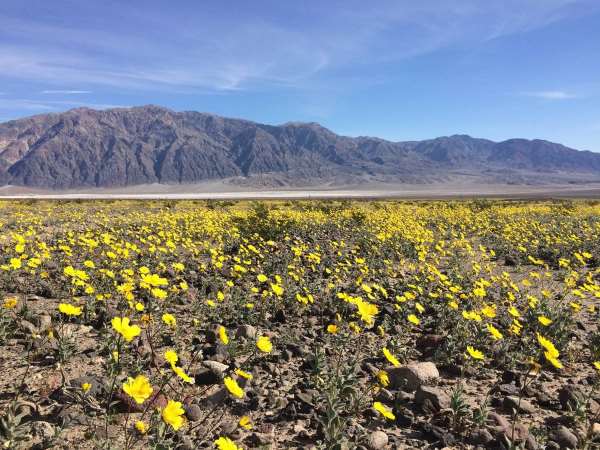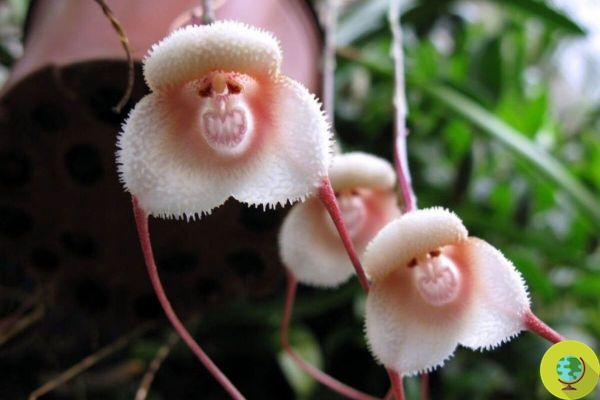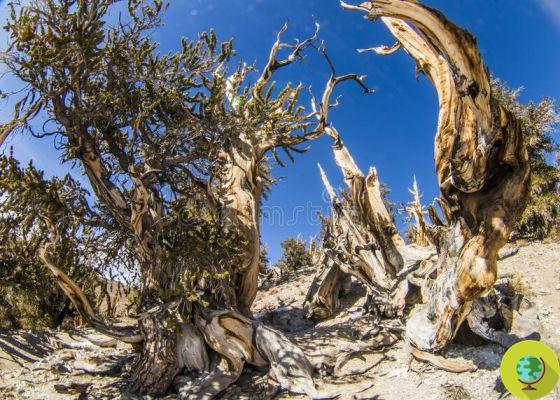A new study shows that intensive agriculture and use of pesticides threaten the world's most important crops, considered crucial for the future of world food security
He is about to end up run over, his mother saves himA new study shows that intensive agriculture and use of pesticides threaten the world's most important crops, considered crucial for the future of world food security
Le wild plants (crop wild relatives or CWR) are plants closely related to normal cultivated plants and represent an essential source of genetic diversity that can help crops adapt to the environment that is changing due to climate change - meeting the growing demand for food in the world population.
These plants are therefore our ticket to the future, if we are to continue to feed the world's people and ensure the prosperity of the agricultural sector. Unfortunately, however, the spontaneous forms of some of the most important crops in the world, endemic to Central and South America they are threatened with extinction, according to a new study.
The researchers analyzed 224 wild species in Mexico, Guatemala, El Salvador and Honduras, which have become essential for our diet and clothing production, and which were 'domesticated' about 10.000 years ago by the Aztec and Maya populations. : among these, wild beans, chillies, vanilla, wild cotton, avocado and potatoes. 35% of the species analyzed are threatened with extinction, mainly due to intensive agriculture, global warming, the use of pesticides and the increase in soil salinity. The extinction of these crops poses a threat to food security around the world, especially as the human population approaches a record 10 billion.
The environment is changing too fast and crops do not have time to adapt - explains the doctor Barbara Goettsch, author of the study. - The salinity of the soil changes, temperatures are always higher; due to climate change, plant pests and diseases will create massive imbalances in crops. We may soon be short of these foods.
Of all the species studied, at least 16 have been used to create plants that are more resilient to extreme climate change and other environmental threats: examples of this are drought-tolerant potatoes, maize that produces a healthier crop, pumpkins capable of face the cold better.
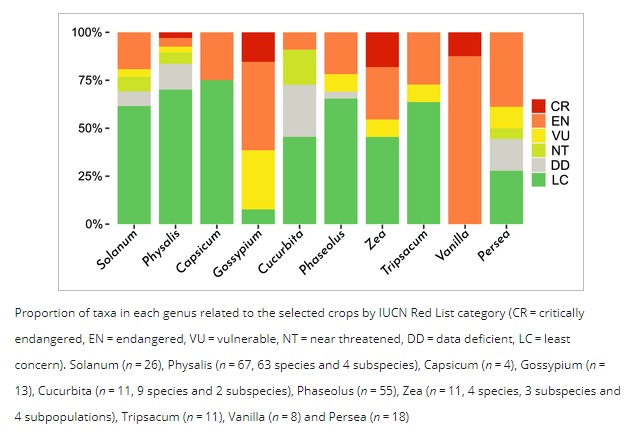
@ Plants, People, Planet
An example of how tangible the damage caused to the natural environment is already is represented by the profound famine that is afflicting Madagascar. The country is in drought because it hasn't rained for too long: the crops have died because of the scarcity of water and the fields are dry and barren; in addition to this, the high temperatures favored the migration of locusts, which with their presence have further weakened the population. More than a million people in the country are starving. Situations like this could become more and more frequent in the near future. That is why it is so important to preserve these ancient plants and their heritage of genetic diversity.
Follow us on Telegram | Instagram | Facebook | TikTok | Youtube
Fonte: Plants, People, Planet
We also recommend:
- From sharks to the Komodo dragon: almost a third of the species of animals and plants assessed by the IUCN are at risk
- Not just animals! Human activities are also extinguishing these wild tree species
- Soon we may run out of bananas, the climate crisis causes fungus to explode that devastates crops




